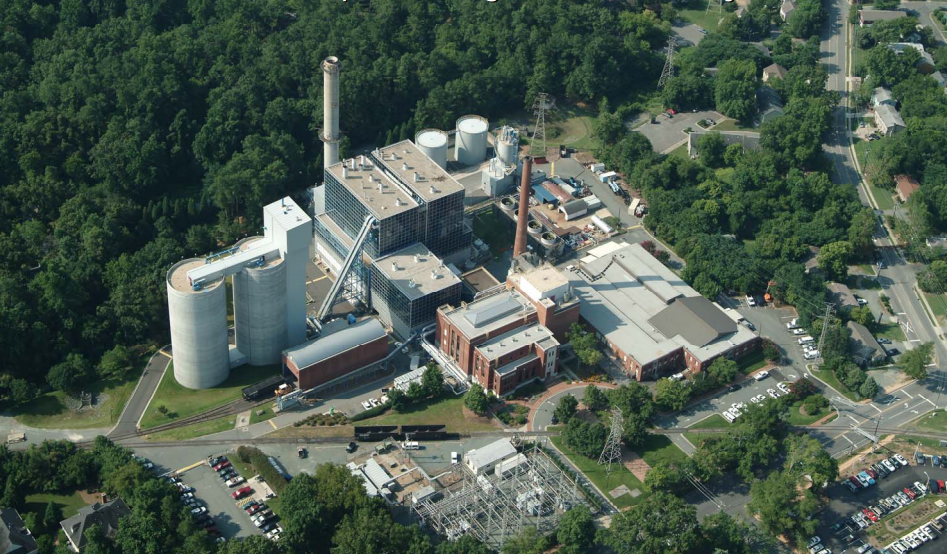The Heinz Awards began in 1993 as a platform for recognizing individuals with outstanding contributions in fields ranging from arts and humanities to economy and employment. Joseph DeSimone, the Chancellor’s Eminent Professor of Chemistry at UNC-Chapel Hill and the William R. Kenan, Jr. Distinguished Professor of Chemical Engineering at NC State University, was recently named as a recipient of the 22nd Heinz Award in the “Technology, the Economy and Employment” category.
 DeSimone received the award for his achievements and advances in further developing technologies relating to nanoparticle fabrication and pursuing potential applications in medicine and green chemistry. DeSimone was also recognized for his leadership role in “convergence research,” a scientific model that integrates physical, engineering and life sciences together to chase innovation that will positively impact mankind as a whole.
DeSimone received the award for his achievements and advances in further developing technologies relating to nanoparticle fabrication and pursuing potential applications in medicine and green chemistry. DeSimone was also recognized for his leadership role in “convergence research,” a scientific model that integrates physical, engineering and life sciences together to chase innovation that will positively impact mankind as a whole.
The work leading up to this award is considerable. DeSimone’s career involvement in North Carolina’s higher education offerings spans three decades, he holds almost 200 patents, has more than 350 published words to his credit and has founded multiple companies with roots in his research. The most recent of these companies is Carbon, a company making use of Continuous Liquid Interface Production.
“With CLIP and the parallel breakthrough we’ve made in the development of programmable liquid resins, we are changing the whole trajectory of how polymeric products are designed, engineered, made and delivered, from computer components and medical devices to running shoes and cars,” said DeSimone in a release. “3-D printing has had everyone’s attention, and inspired a lot of people to innovate, but until now, it has been a frustratingly slow technology, without the quality or the materials to scale production. With our technology, the entire dynamic of traditional manufacturing is changing. Instead of making many parts that then need to be assembled in order to create a final object, we are able to directly make the final product.”
Applications for the technology that Carbon is currently working on spread everywhere from custom surgical tools to large-scale manufacturing, and DeSimone’s past awards – including the U.S. National Medal of Technology and Innovation and the Kabiller Prize in Nanoscience and Nanomedicine – help to paint a positive future for both Carbon and applications of CLIP.
 “It is truly humbling to be recognized with a Heinz Award,” said DeSimone. “By pursuing research paths at the interface of diverse disciplines, my students, coworkers and I have developed new technologies that, over time, have influenced areas including manufacturing and medicine. This award is a testament not just to our discoveries, but to our approach to research — bringing together people with diverse backgrounds and expertise to solve difficult scientific challenges, ultimately to create a positive impact in the world.”
“It is truly humbling to be recognized with a Heinz Award,” said DeSimone. “By pursuing research paths at the interface of diverse disciplines, my students, coworkers and I have developed new technologies that, over time, have influenced areas including manufacturing and medicine. This award is a testament not just to our discoveries, but to our approach to research — bringing together people with diverse backgrounds and expertise to solve difficult scientific challenges, ultimately to create a positive impact in the world.”











